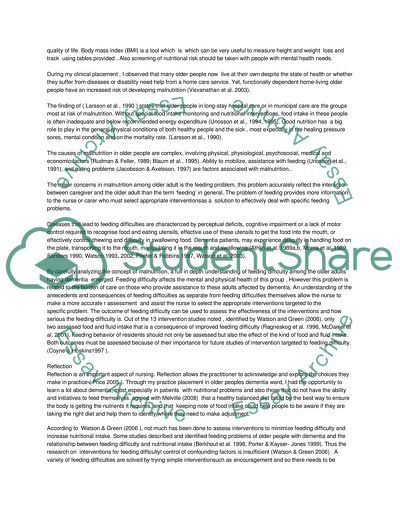Cite this document
(“PROGRESSING DEVELOPMENT IN MENTAL HEALTH NURSING Essay”, n.d.)
Retrieved de https://studentshare.org/family-consumer-science/1421045-progressing-development-in-mental-health-nursing
Retrieved de https://studentshare.org/family-consumer-science/1421045-progressing-development-in-mental-health-nursing
(PROGRESSING DEVELOPMENT IN MENTAL HEALTH NURSING Essay)
https://studentshare.org/family-consumer-science/1421045-progressing-development-in-mental-health-nursing.
https://studentshare.org/family-consumer-science/1421045-progressing-development-in-mental-health-nursing.
“PROGRESSING DEVELOPMENT IN MENTAL HEALTH NURSING Essay”, n.d. https://studentshare.org/family-consumer-science/1421045-progressing-development-in-mental-health-nursing.


